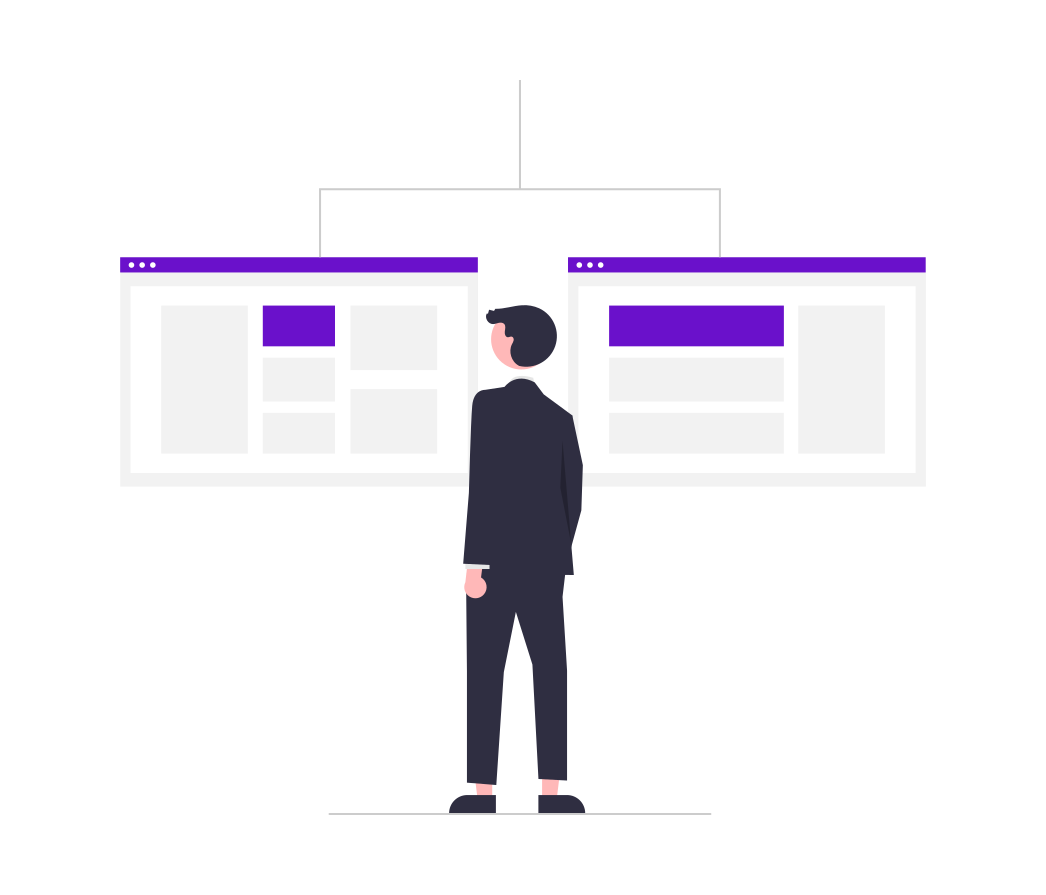In the digital era, the distinction between personalized and customized websites is pivotal for understanding user behavior. Both strategies aim to enhance user experience, but they do so in markedly different ways. This blog delves into the psychological impacts of these approaches, offering insights into how they shape user engagement, satisfaction, and loyalty.
Personalization vs. Customization: Defining the Concepts
Personalization involves tailoring content based on user data and behavior patterns. It leverages algorithms and artificial intelligence to deliver unique experiences without user intervention. For example, a personalized website might suggest products based on previous purchases or browsing history.
Customization, on the other hand, allows users to modify their experience according to their preferences. This user-driven approach provides tools and options for users to change layouts, themes, or content to suit their individual tastes.
The Psychological Appeal of Personalization
1. Enhanced Relevance and Engagement
Personalized websites offer content that feels more relevant to the user. This relevance fosters a sense of being understood and valued, which can significantly increase engagement. When users encounter content that directly resonates with their needs and interests, they are more likely to stay longer on the site and interact more deeply with its features.
2. Cognitive Ease
Personalization reduces the cognitive load on users. By presenting information and options that align with their preferences, users do not have to sift through irrelevant content. This streamlined experience can lead to higher satisfaction and a more positive perception of the brand.
3. Emotional Connection
When users feel that a website understands and anticipates their needs, it creates an emotional bond. This connection can translate into increased loyalty and a stronger relationship with the brand. Personalized experiences often evoke feelings of recognition and appreciation, which are powerful drivers of repeat visits and customer retention.
The Psychological Benefits of Customization
1. Sense of Control
Customization empowers users by giving them control over their online experience. This autonomy can lead to higher satisfaction as users feel they are actively shaping their interaction with the website. The ability to customize can also cater to users' desire for uniqueness and self-expression.
2. Increased Engagement Through Interaction
The process of customizing a website can be engaging in itself. Users who spend time adjusting settings and preferences may become more invested in the site. This interaction can create a sense of ownership, making users more likely to return and remain loyal.
3. Alignment with Personal Preferences
Customization ensures that users can create an experience that perfectly aligns with their tastes and needs. This alignment can lead to a more enjoyable and satisfying interaction with the site, as users feel their specific preferences are being catered to.
Comparative Psychological Impacts
Trust and Security
Personalization, while powerful, can sometimes raise privacy concerns. Users might feel uneasy knowing that their data is being collected and analyzed to shape their experience. In contrast, customization, being user-initiated, can foster a greater sense of security and trust, as users control what changes are made and why.
Effort and Investment
Customization requires effort from the user, which can be a double-edged sword. On one hand, the effort can lead to a deeper investment in the website. On the other hand, some users might prefer the convenience of personalization, where the website does the work for them.
Adaptability and Flexibility
Personalization offers dynamic and continuously evolving experiences based on real-time data. Customization provides static, user-defined experiences that remain consistent until the user decides to change them. This adaptability in personalization can keep the experience fresh, while the stability of customization can appeal to users who prefer consistency.
Conclusion
Both personalized and customized websites have profound psychological impacts on users. Personalization appeals to those who appreciate relevance and cognitive ease, fostering emotional connections and potentially increasing loyalty. Customization caters to users who value control, interaction, and alignment with personal preferences, enhancing satisfaction through self-expression.
Understanding these psychological nuances can help businesses decide which approach to implement, or how to balance both, to create the most engaging and satisfying user experiences. By aligning website strategies with user psychology, brands can significantly enhance their digital presence and drive deeper user engagement.


